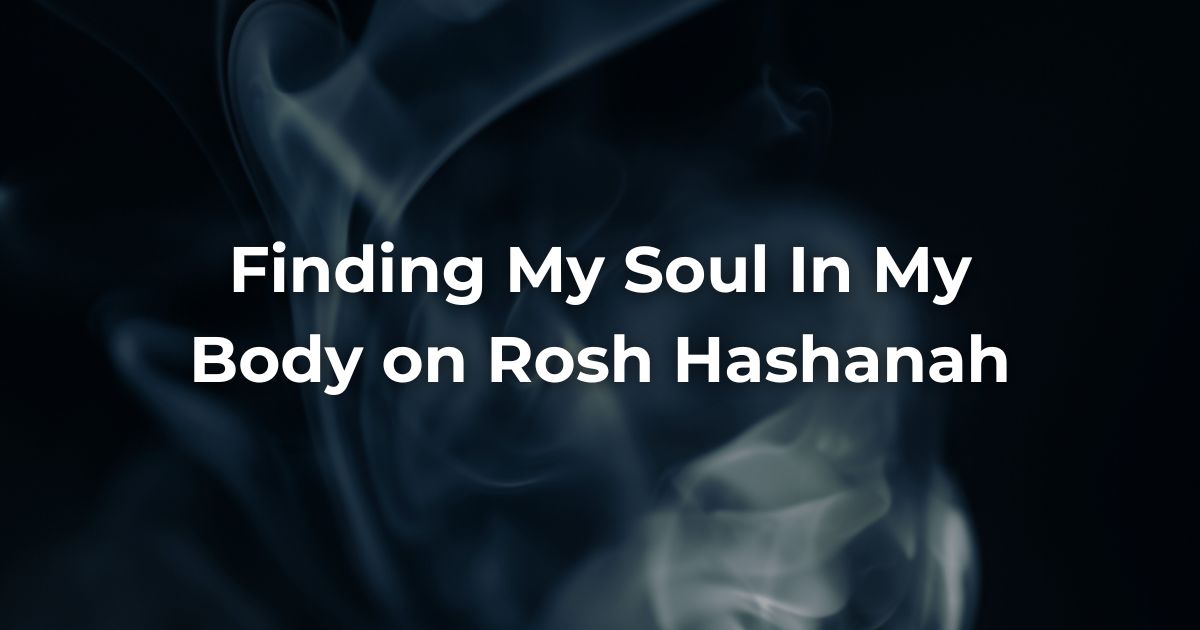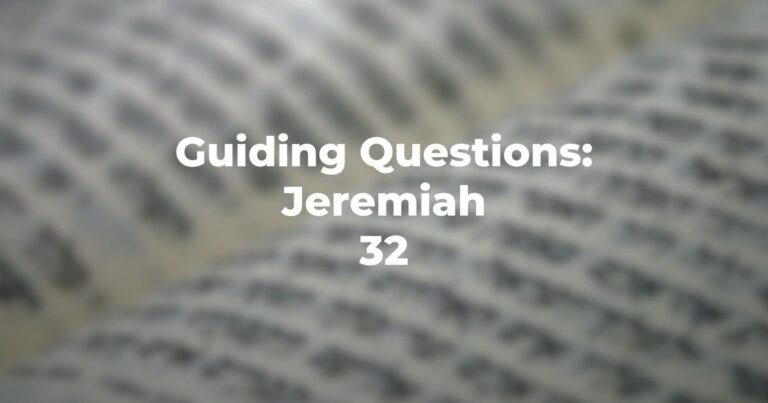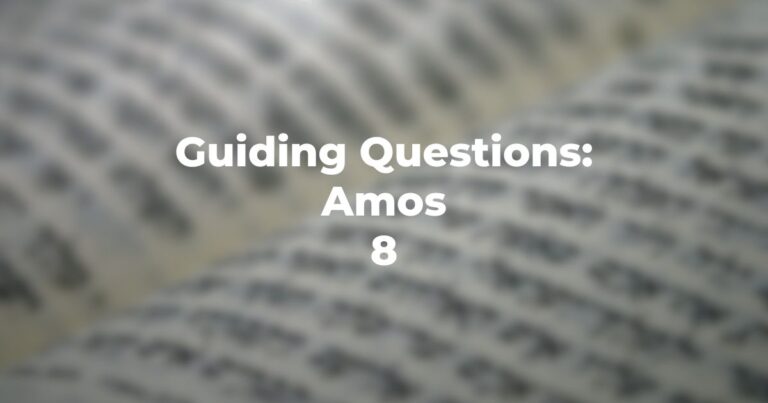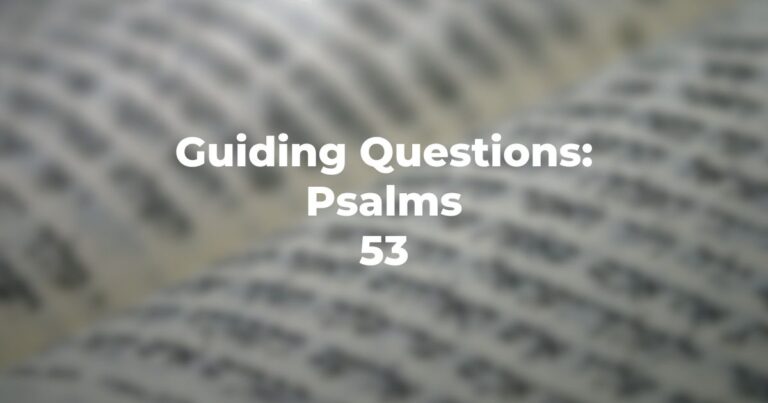Contains content related to death, and to a soul’s departure from body.
Poet Andrea Gibson z”l, in their poem Tincture, paints a picture of a soul yearning for embodiment:
Tincture (excerpts)
Imagine, when a human dies,
the soul misses the body, actually grieves
the loss of its hands and all
they could hold…
When a human dies, the soul searches the universe
for something blushing, something shaking
in the cold, something that scars, sweeps
the universe for patience worn thin,
the last nerve fighting for its life, the voice box
aching to be heard. The soul misses the way
the body would hold another body and not be two bodies
but one pleading god doubled in grace.
… When a human dies the soul moves
through the universe trying to describe how a body trembles
when it’s lost, softens when it’s safe, how a wound would heal
given nothing but time. Do you understand? Nothing in space can
imagine it. No comet, no nebula, no ray of light
can fathom the landscape of awe, the heat of shame.
The fingertips pulling the first gray hair
and throwing it away. I can’t imagine it,
the stars say. Tell us again about goosebumps.
Tell us again about pain.
The title of the poem, Tincture, indicates that there is something healing about the yearning of the soul for a body. The soul yearns to be embodied, and the body delights in speaking to the soul.
Jewish tradition insists that we experience small deaths every day. The Talmudic tractate about blessings, for example, teaches that sleep is one sixtieth of death (Berakhot 57a); there is a custom to wash one’s hands after rising in the morning, in the same fashion that one washes their hands after visiting a cemetery. A rabbinic tradition places the prayer “Blessed are You, G-d, who revives the dead,” from daily liturgy, in the mouths of all those who wake (Yerushalmi Berakhot 4:2); today we say similar words at the end of the morning blessing Elohai Neshama.
Gibson’s poem similarly refers not only to the final departure of soul from body in death, but also the small departures of soul from body we experience in life, due to sleep and other everyday experiences of disembodiment.
I see my own experience of transgender embodiment in these examples. For me, being trans has been a journey of noticing when my soul is existing outside of my body—of euphoria in soul’s return to body time and time again.
On Rosh HaShanah, we encounter a story which, according to one midrashThis word is used in two ways, as both a concept and a literature. As a concept, midrash is the expansive interpretation of biblical texts. The term is used to describe the practice of rabbinic interpretation. As a text, it refers to specific collections of interpretations, particularly from the third to ninth centuries in the Land of Israel and Babylonia. Plural: Midrashim
Read more, tells a story of a dis- and re-embodiment: the akedah (Binding of Isaac). In the TorahRefers to the first five books of the Hebrew Bible, the Tanakh, also called the Five Books of Moses, Pentateuch or the Hebrew equivalent, Humash. This is also called the Written Torah. The term may also refer to teachings that expound on Jewish tradition. Read more reading for Rosh HaShanah, our ancestor Abraham, at the call of G-d, brings his son Isaac up a mountain and binds him on an altar as a sacrifice. The verses read as follows (translated by JPS):
They arrived at the place of which God had told him. Abraham built an altar there; he laid out the wood; he bound his son Isaac; he laid him on the altar, on top of the wood.
And Abraham picked up the knife to slay his son.
Then a messenger of G-d called to him from heaven: “Abraham! Abraham!” And he answered, “Here I am.”
“Do not raise your hand against the boy, or do anything to him. For now I know that you fear God, since you have not withheld your son, your favored one, from Me.”
When Abraham looked up, his eye fell upon a ram, caught in the thicket by its horns. So Abraham went and took the ram and offered it up as a burnt offering in place of his son.
In these verses, Abraham is the actor. Isaac is merely a passive presence to Abraham’s actions. It is as if his body is present, but his soul is somewhere else.
Pirkei DeRabbi Eliezer, a midrash from the 7th-11th centuries, picks up on this seeming absence of Isaac’s soul (translation my own):
Rabbi Yehudah says: When the knife touched his neck, Isaac’s soul left. When he heard G-d’s voice from between the two cherubim, saying “Do not send your hand upon the boy,” Isaac’s soul returned to his body. And it woke him up and Isaac stood upon his feet. And he knew that this was the way that the dead in the future would come back to life And in that moment he opened his mouth and said, “Blessed are You, G-d, who revives the dead.”
In this telling, Isaac’s soul leaves his body. It is unclear if this is a moment of death, or a different kind of disembodiment, happening in the face of great trauma. In either case, there is a distinct moment—that of the call of salvation from G-d—which brings Isaac’s soul back into his body. Isaac makes a blessing “Blessed are You, G-d, who revives the dead.”
When I imagine Isaac’s soul journeying during this moment of disembodiment, the words of Andrea Gibson’s poem come back into my mind:
When a human dies the soul moves
through the universe trying to describe how a body trembles
when it’s lost, softens when it’s safe, how a wound would heal
given nothing but time
I imagine Isaac’s soul “trying to describe how a body trembles when it’s lost”; his body, lost and trembling. G-d, who does not experience embodiment G-dself, listening (as G-d listened to the cry of Ishmael earlier in our reading) to Isaac’s body and soul. G-d very well may have intended to have Abraham go through with the sacrifice of Isaac, but in that moment, I imagine that G-d was so moved by the yearning of soul for body that G-d may have even changed G-d’s mind in order to give Isaac another chance at life.
This high holiday season, when we bless the G-d who revives the dead, may we remind G-d what G-d learned from Isaac on that altar: of soul’s yearning for body; of my own soul’s yearning for my own body. May we experience this yearning as a tincture. And, may we give ourselves the patience of second chances. Shana Tova.
Author
-

Rivka Nechemya Thrope (he/him and ze/hir) is in his third year of rabbinical school at Hebrew College. Ze spends hir time outside of school working as a Jewish educator, playing with hir energetic calico cat, Chickpea, and dancing whenever the opportunity presents itself.
View all posts





